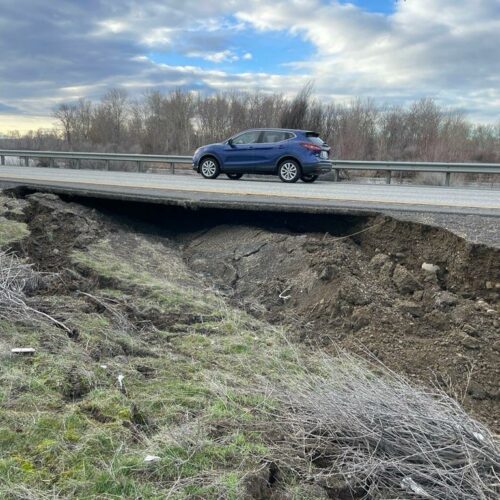Business & Economy
Business & Economy
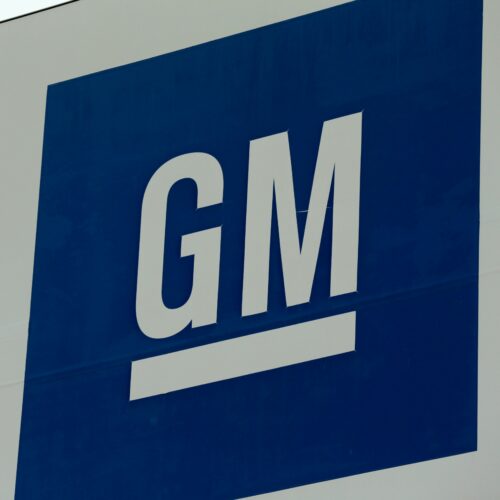
More Plants At GM Go Dark As Chip Shortage Continues To Bite
General Motors will temporarily shut down two more plants as automakers continue to struggle with major supply chain disruptions, particularly in computer chips.
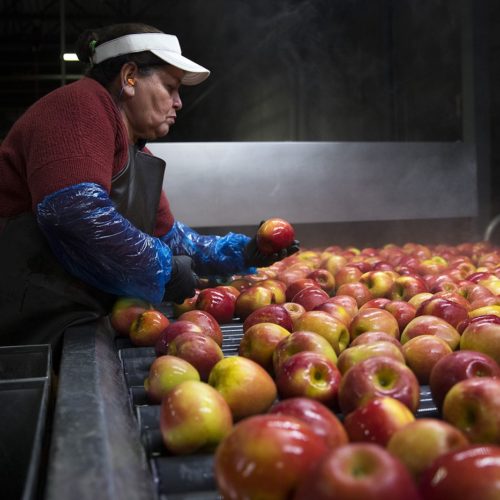
Northwest Apple Exports Are Down As Eastern European Growers Crunch Into U.S. Shipments
A boom in American consumers’ online shopping during the pandemic has prompted a boost in imports from Asia. But that left U.S. agriculture products without a ride back. Many ships aren’t waiting to be loaded with agricultural goods at West Coast ports before heading back across the ocean with empty containers. Plus, the Trump administration’s trade war hit apples hard.

Here’s How A Long Shutdown Of The Suez Canal Might Roil The Global Economy
Now, with the ship lodged sideways in the canal, closing off the main oceangoing highway between Europe and Asia, much of that cargo is sitting idle. It’s either waiting to transit the canal or stuck in port while owners and shippers decide what to do.

Spring Release: If You’re Headed To Northwest Wine Country, You May Need An Appointment
When wineries release their new vintages to the public it’s often called “Spring release.” Those bottlings have been cooped up all winter aging. So have winter-weary patrons. Those who are fully vaccinated against COVID-19 are stepping out to wineries and meeting in small groups both outdoors and in.

It’s Pedal To The Metal As Washington State Lawmakers Push Ahead With Pandemic-Era Agenda
Washington’s 105-day legislative session has crossed the halfway point and a key deadline for policy (non-budget) bills to clear their chamber of origin has passed. Majority Democrats are moving swiftly to enact a pandemic-era agenda focused on issues like tax reform, police accountability, racial equity and global climate change. Minority Republicans, meanwhile, are seeing a few of their bills advance while also objecting to much of what Democrats are pushing forward. So, what’s moving and what’s not?
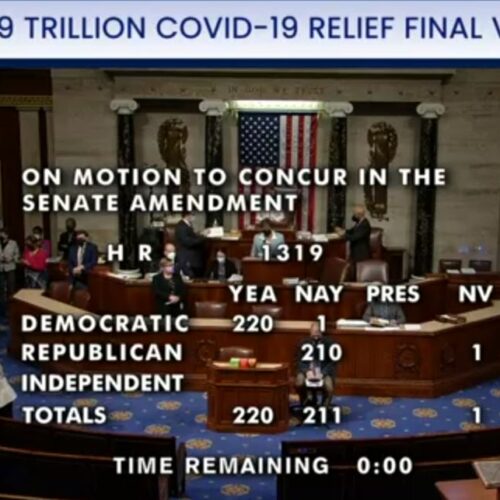
U.S. House Gives Final Approval To $1.9 Trillion COVID-19 Relief Bill, No Republicans Support
The House voted 220-211 with no Republicans voting in favor of the bill, despite calls for bipartisan support from House Speaker Nancy Pelosi, D-Calif., and other Democratic leaders. One Democrat, Rep. Jared Golden, voted against the bill.
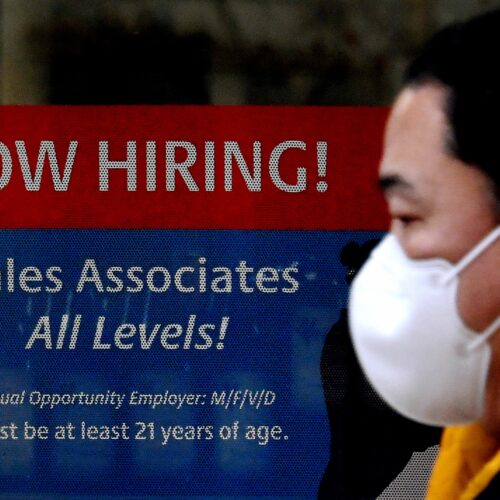
A Sign Of Hope After ‘Winter Hibernation’: Employers Add 379,000 Jobs
Hiring picked up steam in February as a winter wave of coronavirus infections eased and consumers spent more freely. U.S. employers added 379,000 jobs in February, while the unemployment rate dipped to 6.2%.
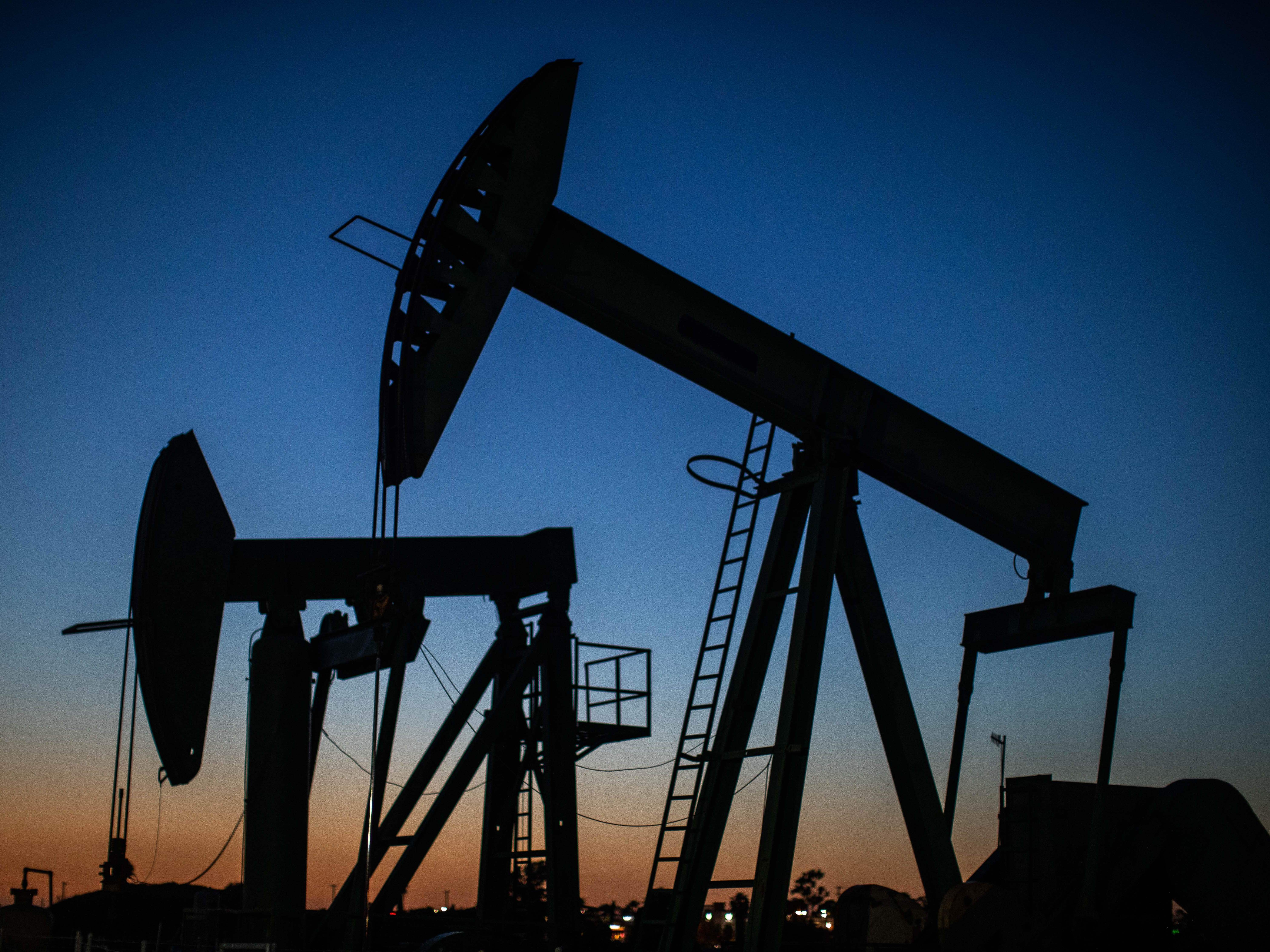
Hold That Drill: Why Wall Street Wants Energy Companies To Pump Less Oil, Not More
Oil prices have risen sharply over the last few months. Normally, that’s a recipe for a drilling frenzy from U.S. oil producers. But something strange is happening, or rather, not happening.
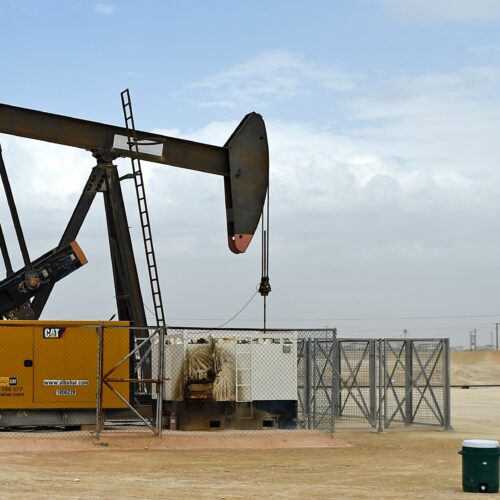
OPEC And Allies Keep Oil Production Steady As Saudi Arabia Urges ‘Caution’
OPEC and its allies said Thursday they are keeping oil production largely steady, even as crude prices stage a remarkable recovery, betting that a restrained approach will lay the groundwork for prices to climb even more.

Senate Democrats, White House Agree To Tighter Income Limits For Stimulus Checks
Senate Democrats have reached an agreement with the White House to tighten the limits on who can receive the next round of stimulus checks as part of President Biden’s $1.9 trillion COVID-19 relief package, according to several Democratic sources.
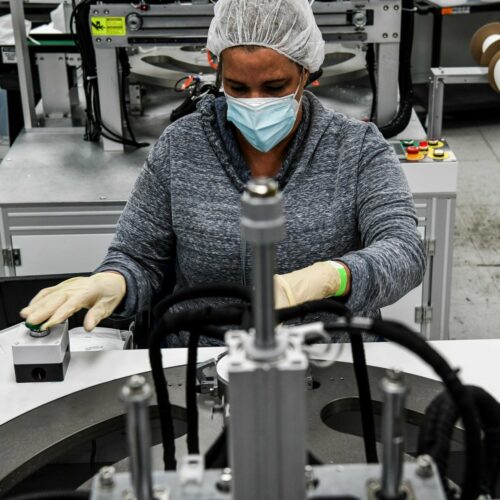
‘It’s Madness’: American Factories Scramble To Secure Critical Supplies
Unexpectedly strong demand for furniture, appliances and other manufactured goods is providing a windfall to many of the country’s industries. But as factory gears spin faster to meet the surging demand, a big headache is emerging: Supply chains are getting stretched more than ever, and critical components are proving a lot harder to procure.
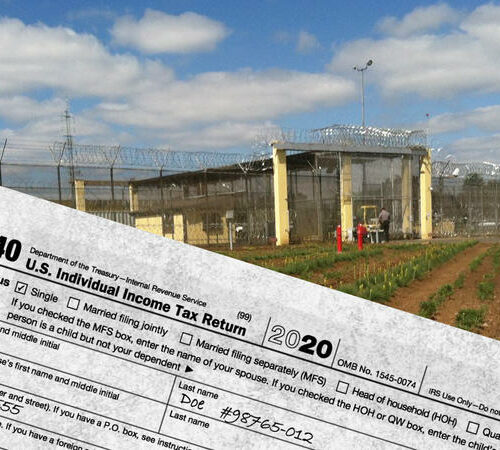
Northwest Prisoners Eligible For Stimulus Checks. But Getting Payout Behind Bars Is Complicated
Like many Americans, people behind bars are waiting to see if they will be getting checks from the federal government as part of the new stimulus bill — provided it passes Congress this month as expected. The majority of incarcerated people in Washington and Oregon were likely eligible for the first two rounds of relief money.

